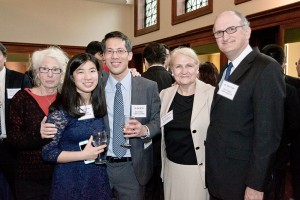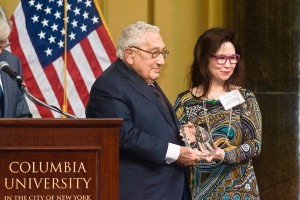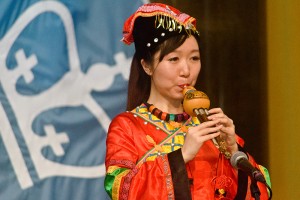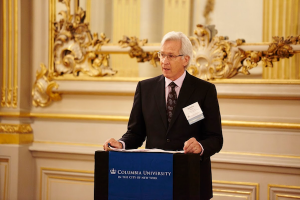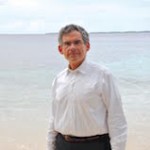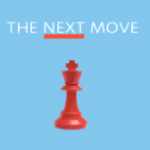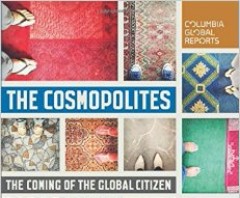 How do you make a stewardship piece truly count? Answer: Don’t be afraid to try something new, and make it personal.
How do you make a stewardship piece truly count? Answer: Don’t be afraid to try something new, and make it personal.
Lemann Day at Columbia recently presented a terrific opportunity to honor Jorge Paulo Lemann for his far-reaching impact. Jorge Paulo is a global business leader (partner of 3G Capital, owner of Anheuser-Bush, Burger King, and Kraft Heinz). He is also an engaged benefactor to programs across a number of IvyPlus schools. At Columbia, his remarkable support spans the Lemann Center for Brazilian Studies, the Lemann Fellows, Lemann Professorships, Men’s Tennis, Entrepreneurship, and the Global Center in Rio de Janeiro.
His Columbia connection is deepened through his daughter, Lara Lemann ’15CC, and his son, Marc Lemann ’14CC, co-captain of 2014 Columbia Men’s Tennis.
Shalini Mimani and Jerry Kisslinger led a team including members of Stewardship (Amy Metcalf) and Marketing and Communications (Colleen Deng, Carolina Castro) to fully encapsulate the “Lemann at Columbia” story and present it in rich and evocative ways.
Alumnus filmmaker Joe Turner Lin ’96CC ’04SOA directed a sleek and energetic video that demonstrates Lemann’s impact at Columbia in a personalized way. Himself a five-time Brazilian national tennis champion and father to a former Columbia tennis player, Lemann enjoyed the video, which ties success on the tennis court to his strong belief in building networks that nurture talented individuals, and vice versa.
The team also developed infographics that tied to Jorge Paulo’s preference for seeing impact and results based on data. The Lemann Center for Brazilian Studies is also linking to them on their website.
The materials were shared at a dinner and presented in a stylish gift box, along with a personal note from President Bollinger. The Lemann Foundation is seeking to subtitle the video in Portuguese for talent recruitment purposes on their website, and footage will be used on various Columbia websites.
Perhaps the most poignant measure of success was when Jorge Paulo’s wife, Susanna, asked for copies of the video to be sent to their children.
Four tips to takeaway…
- Know your audience
- Build a great team
- Be creative, make it special
- Plan ahead for maximum ROI
Watch the video to see what all the racquet is about.



